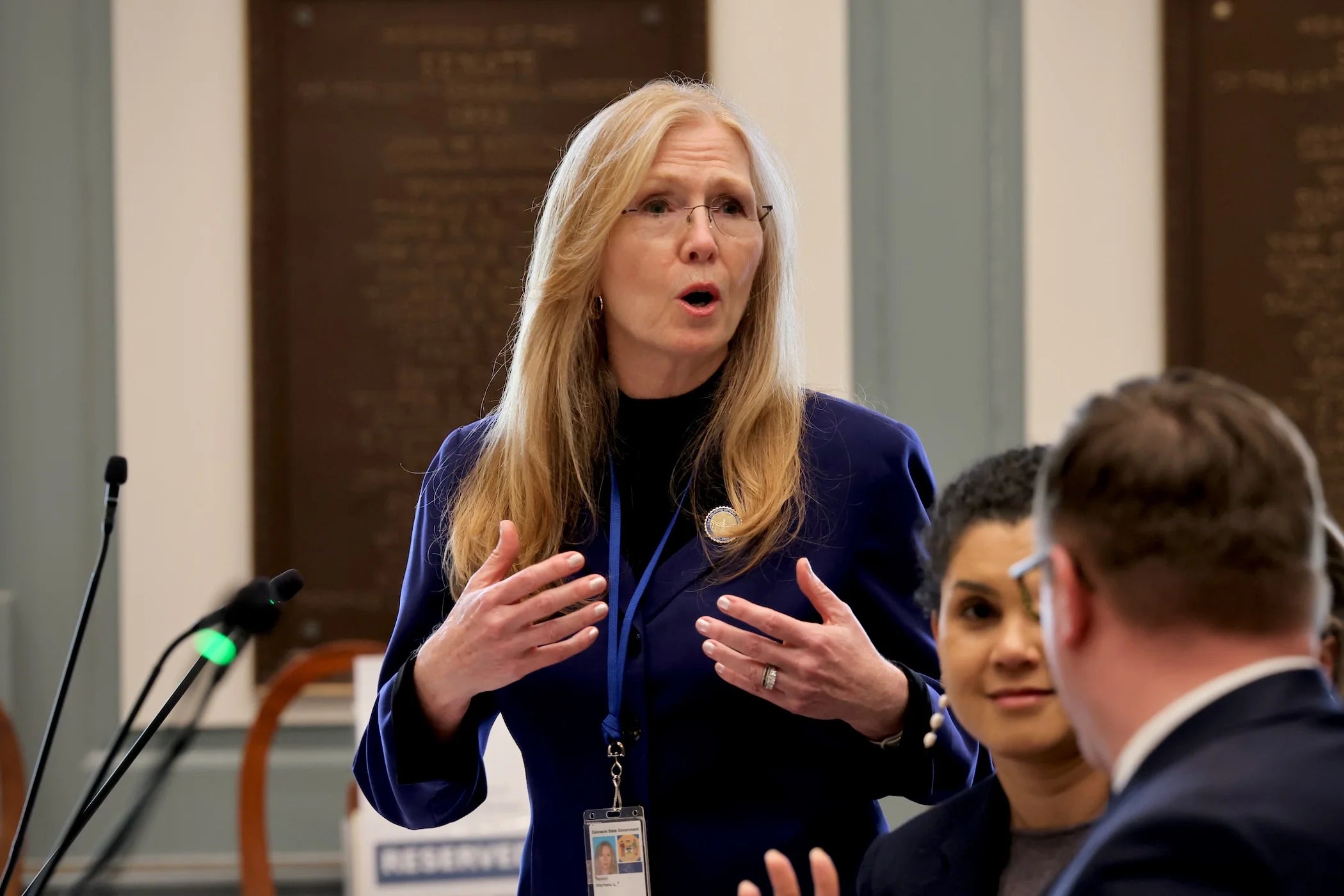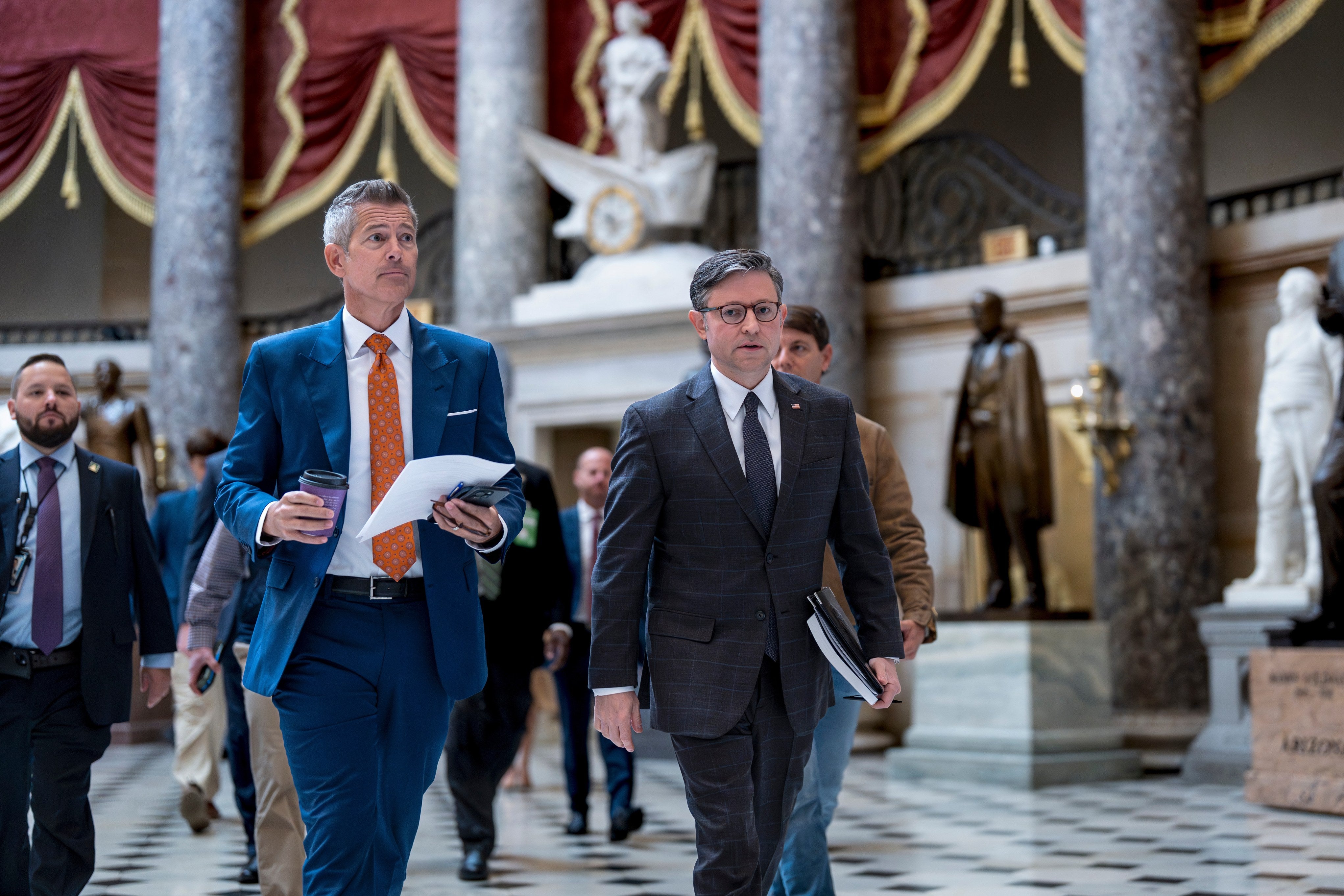Nuclear energy is seeing something of a renaissance, helped in part by executive orders from President Donald Trump boosting the industry. The four orders include rapid development and deployment of advanced nuclear technologies, reconsidering radiation exposure standards, eliminating or expediting environmental reviews of applications and funding for workforce-related opportunities. Big tech companies are also betting big on nuclear energy to fuel power-hungry data centers.
Investment firm Starwood Digital Ventures is currently pitching a massive data center for Delaware City. Critics are concerned it will drain large amounts of energy and water.
Kathryn Lienhard, an offshore wind energy research associate with Delaware Sea Grant, said nuclear power generates electricity through chain reactions that produce heat. That heat is used to make steam that spins a turbine to create the electricity. Reactors use uranium, which is radioactive, for nuclear fuel, and exposure can cause lung cancer and other diseases. Spent reactor fuel is a highly radioactive byproduct that is normally stored on site, but Lienhard said the U.S. has yet to develop a long-term storage solution for the waste.
Public anxiety about the harmful health effects of nuclear power plants grew after the worst commercial reactor accident in U.S. history at the Three Mile Island plant in 1979. The partial core meltdown at the plant near Middletown, Pennsylvania, forced the evacuation of thousands of nearby residents. Numerous studies since then found no direct negative health effects on the nearby population. Microsoft is reopening the plant to power its data centers.
Dover Air Force Base in Delaware (Google Maps)
Union boilermaker Martin Willis, another task force member, said members should look at deploying a small nuclear reactor at the Dover Air Force Base. He also said the public is still resistant to adopting nuclear energy.
“I hate to say it, but even with America being in an electric generation crisis because of the demands of AI data centers, Bitcoin mining, cannabis farming and a robust economy, our nation will not embrace civilian nuclear power until parts of America suffer widespread blackouts and rolling brownouts,” he said.
The task force’s next meeting is Dec. 1. The group’s chair, state Sen. Stephanie Hansen, said the group will deliver a final report, but that date is yet to be determined.







